Ethiopia
The terms of the November 2 peace agreement include disarming rebel forces, restoring federal authority in Tigray and reopening access and communications to the region, which has been cut off from the outside world since mid-2021.
Fighting broke out in November 2020 when Prime Minister Abiy Ahmed deployed the army in a bid to topple Tigrayan leaders who had been challenging his authority for months and whom he accused of attacking federal military bases.
A deal on the implementation of the agreement signed in Nairobi on November 12 said the disarmament of heavy Tigrayan weapons would take place at the same time as the withdrawal of foreign and non-federal forces.
Neighbouring Eritrea has backed the Ethiopian army in the conflict but Asmara did not participate in the Pretoria talks.
With access to Tigray restricted, it is impossible to independently verify the situation on the ground.
An aid worker based in the strategic Tigrayan city of Shire told AFP by phone Wednesday that he saw Eritrean troops as well as members of armed forces from the neighbouring Amhara region.
Humanitarian operations have been ramped up since the peace deal, but the amount of food and medical aid being delivered remains far below the enormous needs.
Mekele was connected to the national power grid on December 6 and the Ethiopian Electric Utility has announced a plan to fully restore electricity in cities and towns in war-affected areas within two weeks, local media reported.




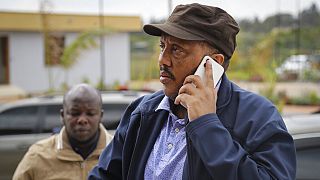
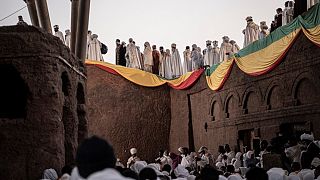
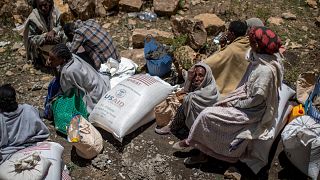
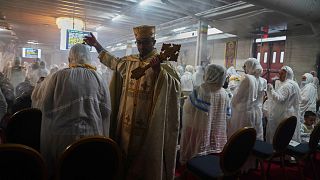
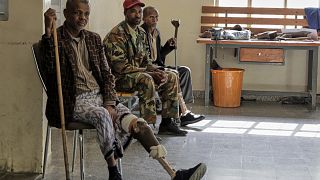



Go to video
Kenya set to surpass Ethiopia as East Africa’s largest economy in 2025 – IMF
Go to video
Ethiopians mark Easter with calls for peace and love amid ongoing conflict
Go to video
Lt. Gen. Tadesse Werede named the new interim president of the Tigray region
Go to video
Court allows case of promoting Ethiopia violence against Facebook to proceed
01:14
African Union mediators arrive in South Sudan to salvage peace deal
01:09
Houthis claim downing of U.S. drone amid intensified airstrikes